The Georgia Artificial Intelligence in Manufacturing (Georgia AIM) coalition includes eight projects expanding AI manufacturing efforts across the state. Georgia AIM was created in response to the changing landscape in artificial intelligence and growing industrial economy. Of the eight projects, the Community Engagement Project combines the forces of nine interrelated subprojects, leveraging expertise and connecting Georgia AIM with local networks for customized solutions for AI in manufacturing by:
- securing the resiliency of its supply chains for future shocks
- building globally competitive manufacturing capabilities across multiple sectors to rebuild its industrial economy
- engaging and supporting underserved populations and communities through equitable access to innovation, training, and high-paying jobs in the next economic revolution—AI manufacturing.
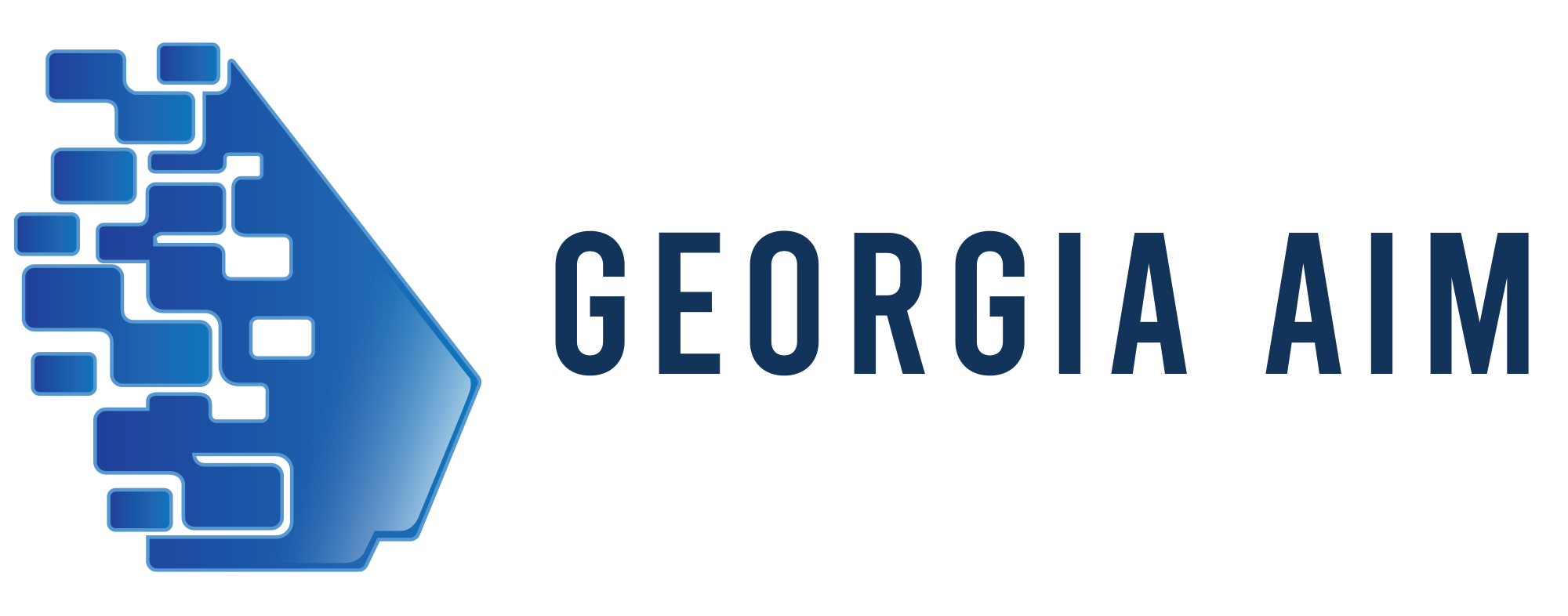
Partnership with K-12 InVenture Prize
Under the Community Engagement Project, K-12 InVenture Prize’s purpose through our partnership with Georgia AIM is to provide invention, entrepreneurial, and AI Manufacturing Education in rural Georgia for K-12 students. We are working to expand students’ knowledge and future career opportunities in their communities through multiple educational pathways.
Through Georgia AIM, the K-12 InVenture Prize invention and entrepreneurship program is collaborating with school districts and businesses in Southwest Georgia, Southeast Georgia and Northeast Georgia. The initiative is expanding existing partnerships Georgia Tech has established with technical colleges and minority-serving institutions throughout the state.
Connecting K-12 students with innovative solutions
Creating a pipeline to immersive AI manufacturing education
Infusing inventiveness and entrepreneurial thinking for teachers who serve diverse student populations
(text and background only visible when logged in)
Inspiring Tomorrow’s Innovators
The project will reach at least 1,000 K-12 students and 100 teachers from underserved areas, with a focus on rural communities via existing programs at Georgia Tech, other nonprofits, the Technical College System of Georgia, the Southwest Georgia Regional Commission, local manufacturers, and K-12 school leaders.
(text and background only visible when logged in)
Southwest Georgia Partners
Key partners in Southwest Georgia include Southern Regional Technical College (SRTC) and education technology platform Tisk/Task from Thomasville, GA and The Foundational Leadership and Entrepreneurship Experience (FLEX) in Fitzgerald, GA.

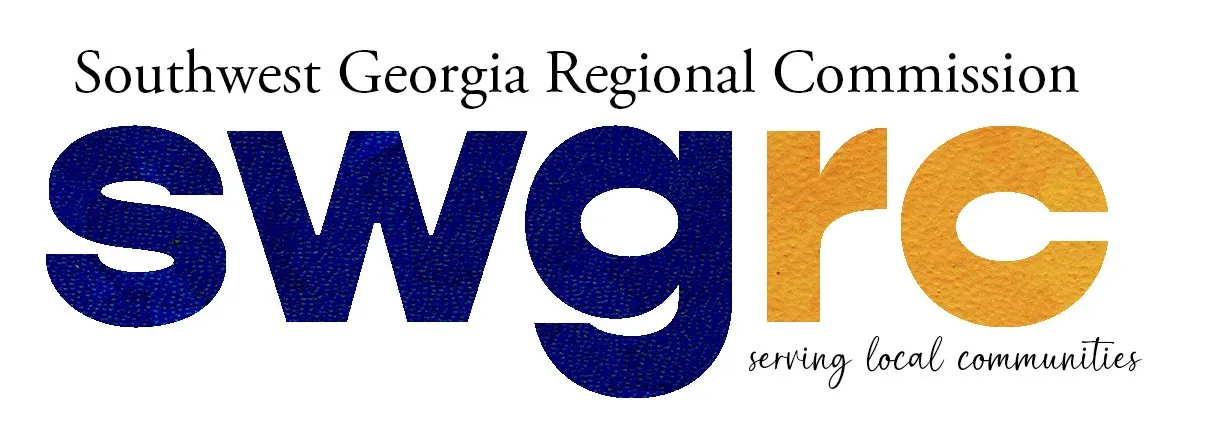
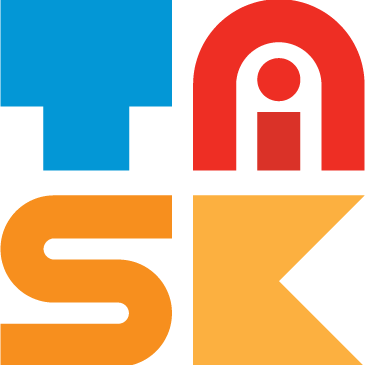

(text and background only visible when logged in)
How can K-12 InVenture Prize partner with you and your community?
K-12 InVenture Prize connects K-12 teachers and students with STEM education, programming, a free curriculum, and an innovative invention/entrepreneurship competition that strengthens communities by preparing them for the workforce needs of the future. K-12 InVenture Prize can also help you explore options and refer you to other programs or partners at Georgia Tech CEISMC that fit your community's needs.
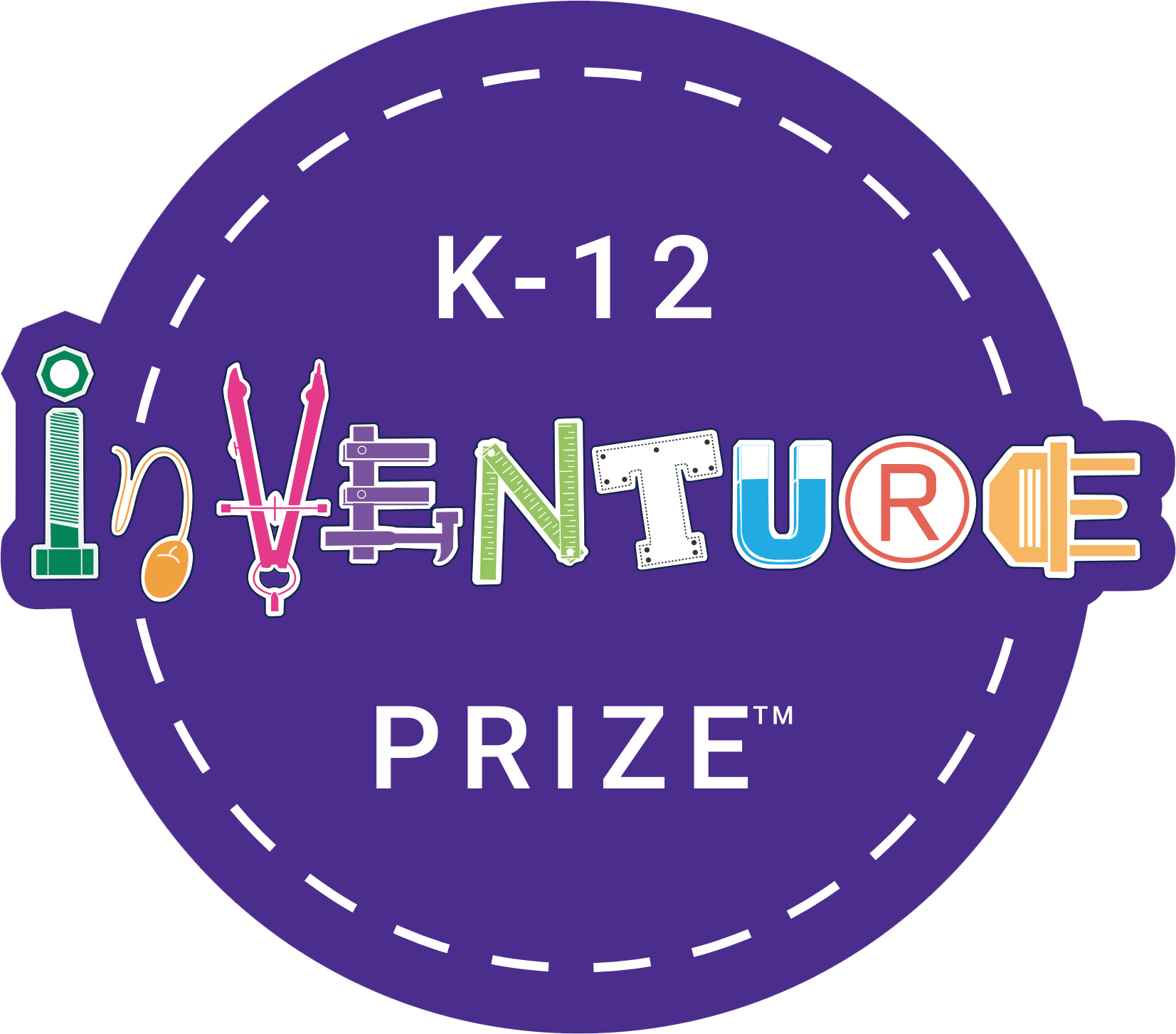
K-12 InVenture Prize
K-12 InVenture Prize brings the excitement of invention education and competition to K-12 audiences throughout Georgia. Students identify real world problems and build solutions by engaging in the design process. Teachers learn the invention process and are provided with grade appropriate lessons that enable students to navigate their own projects.
| Keywords | Invention, Entrepreneurship, Problem Solving, Teamwork, Public Speaking |
|---|---|
| Related Subjects | CTAE, Engineering, Science, Mathematics, English Language Artsy |
| Grade Levels | K-12 |
| Teacher Supports | Professional Development, Curriculum, Teacher Network |
| Student Engagement | Project Feedback, Competition Events |
| Learn More | K-12 InVenture Prize Website |
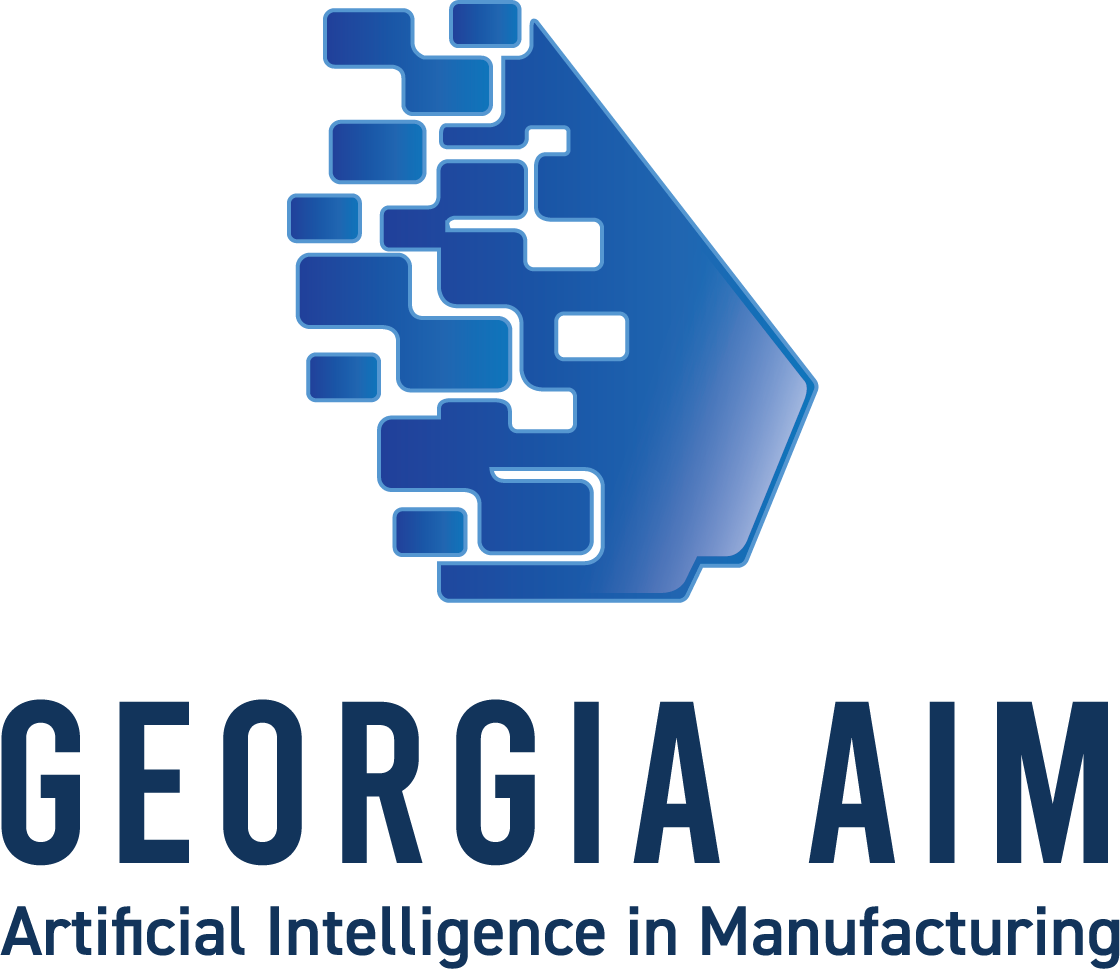
Unplugged AI
Georgia AIM is building cross-sector bridges between education, industry, and community by equipping students with AI skills applicable to real-world problems. The future of agriculture requires a workforce capable of harnessing the power of AI to address complex challenges ranging from optimizing resource management to predicting crop yields. This curriculum integrates relevant AI concepts into educational programs to empower students to contribute meaningfully to food production, fostering innovation and building a stronger future for both individuals and communities.
| Keywords | Artificial Intelligence, Agriculture, Unplugged |
|---|---|
| Related Subjects | CTAE |
| Grade Levels | 6-12 |
| Teacher Supports | Professional Development, Curriculum |
| Additional Information | This curriculum is currently in development and slated to publish January/February 2025! Shape the development of Unplugged AI by piloting this curriculum in your classroom or school and sharing your feedback and insights about teaching AI. |
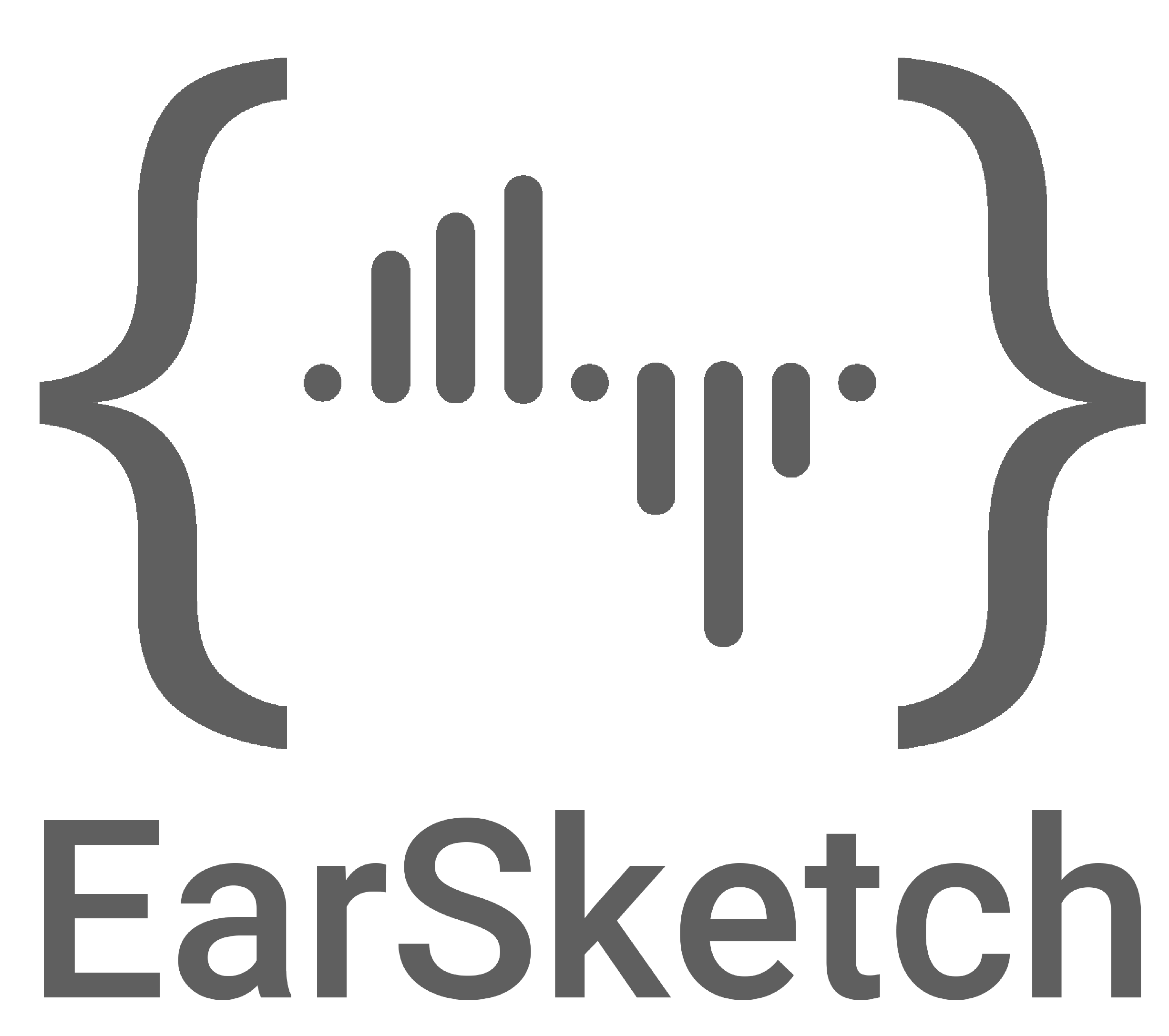
EarSketch
EarSketch is a free web-based platform to help students learn core topics in computer science, music, and music technology in a fun and engaging learning environment. EarSketch helps students learn to code in Python or JavaScript through manipulating loops, composing beats, remixing sounds, and applying effects to a multi-track digital audio workstation.
| Keywords | Computer Science, Music, Culturally Authentic Practice |
|---|---|
| Related Subjects | CTAE, Computer Science, Music Composition, Music Technology, English Language Arts |
| Grade Levels | 4-12 |
| Teacher Supports | Professional Development, Curriculum, Teacher Network |
| Student Engagement | Competitions |
| Learn More |
EarSketch Platform Website Teacher Resources Website |
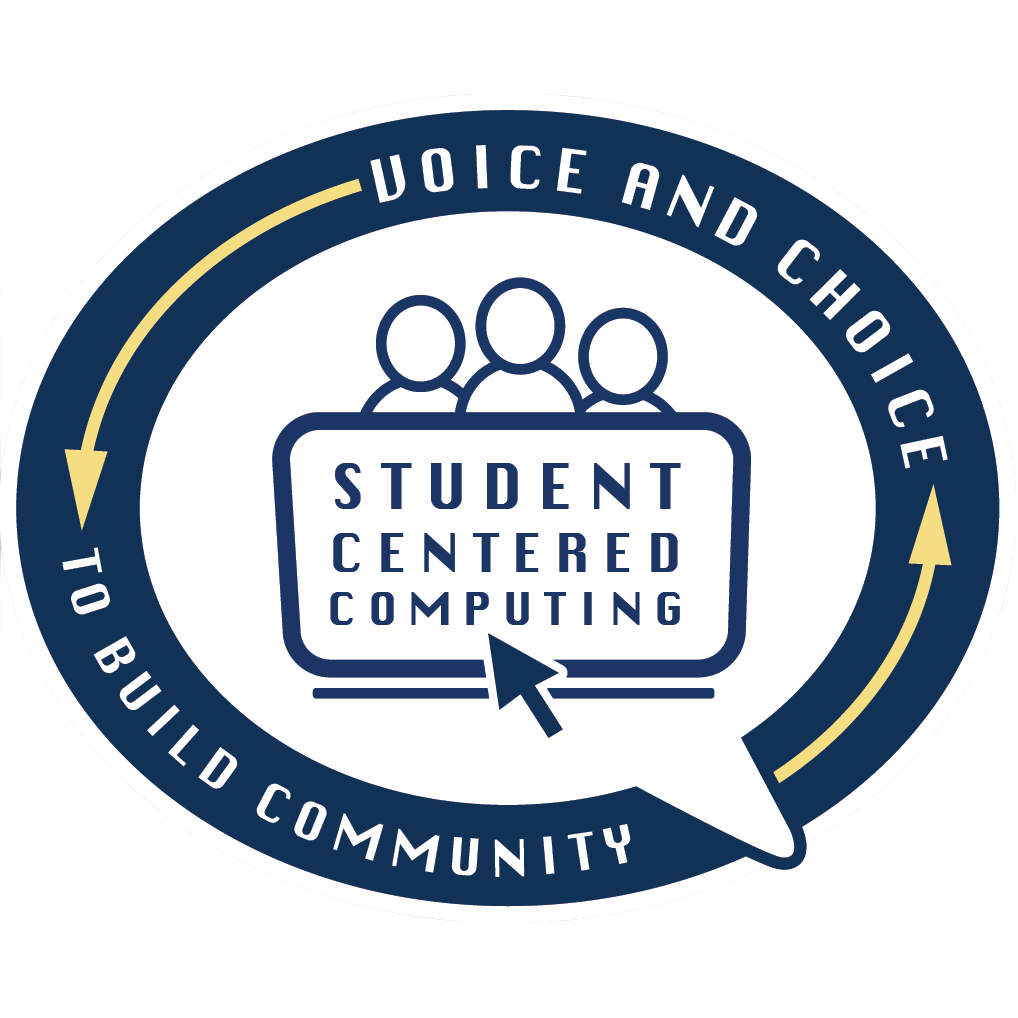
Student Centered Computing
Student-Centered Computing (SCC) curricula promote the development of rigorous computational thinking (CT) skills by engaging students in culturally authentic and community-focused problem-driven learning. Student teams select problems of importance to them and create digital artifacts that spread awareness and promote positive change.
| Keywords | Computer Science, Student Voice and Choice, Culturally Authentic Practice, Community Driven, Problem Solving |
|---|---|
| Related Subjects | CTAE, Computer Science, Computing Explorations, Computing Foundations, AP Computer Science Principles |
| Grade Levels | 6-12 |
| Teacher Supports | Professional Development, Curriculum |
| Learn More | Student Centered Computing Website |
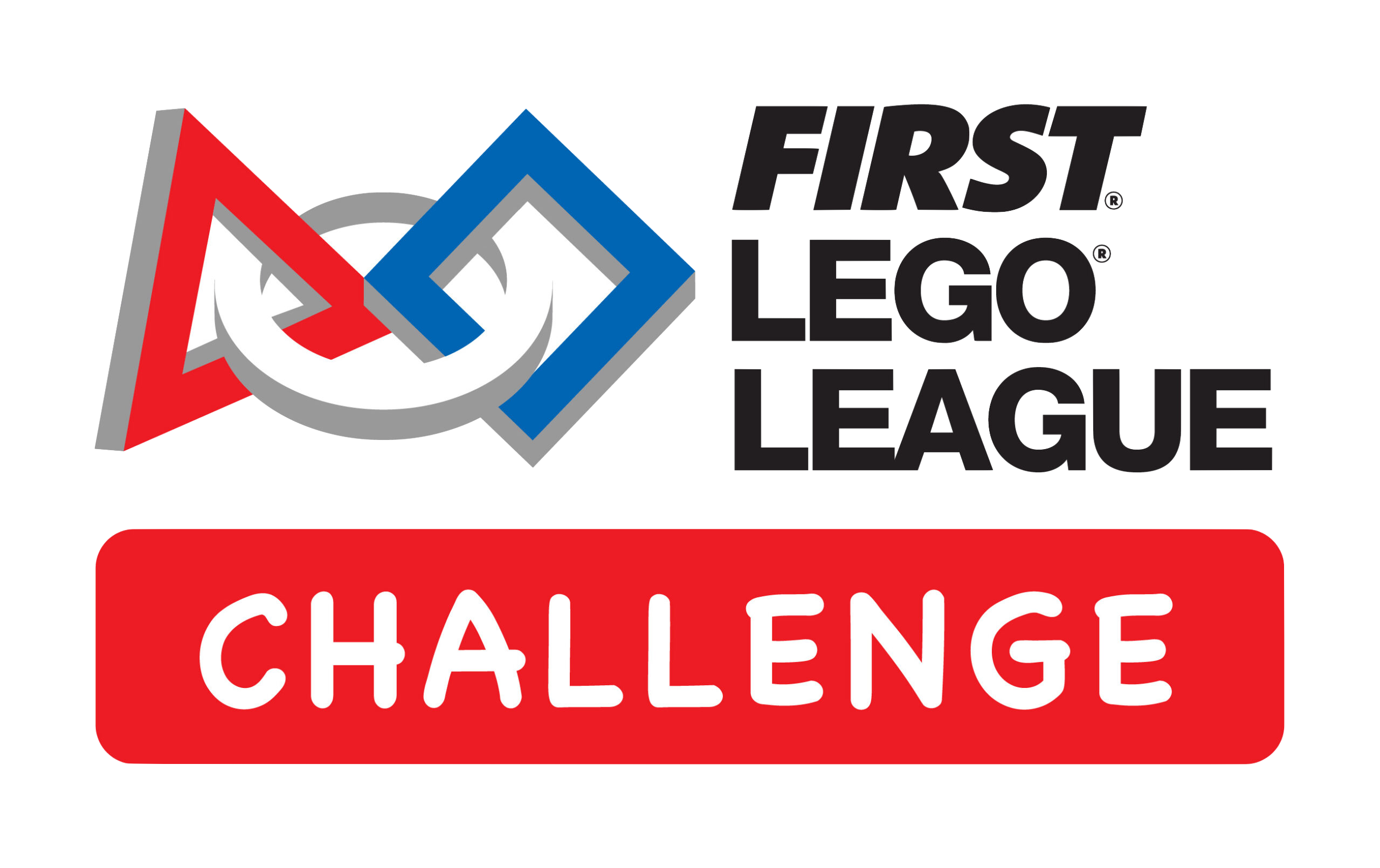
First Lego League Challenge
FIRST® inspires young people to be science and technology leaders and innovators by engaging them in exciting mentor-based programs that build science, engineering, and technology skills, that inspire innovation, and that foster well-rounded life capabilities including self-confidence, communication, and leadership.
| Keywords | STEAM, Creative Exploration, Discovery, Coding, Teamwork |
|---|---|
| Related Subjects | Science, CTAE, Engineering, Computer Science |
| Grade Levels | 4-8 |
| Teacher Supports | Professional Development, Curriculum |
| Student Engagement | Competition |
| Learn More |
First Lego League Guide First Lego League Challenge at Georgia Tech Website |

Rural CS Initiative
Rural CS forms partnerships with Georgia’s rural schools and districts to support the development of innovative and high-quality computer science education across the state. The program engages directly with computer science teachers in partner schools to schedule direct instruction sessions from the Rural CS staff around existing curriculum. Rural CS offers 12 different standards-aligned modules, with each module delivered over the course of approximately two weeks. Beyond classroom engagements, Rural CS seeks to develop a strong network of computer science educators through professional development and networking opportunities.
| Keywords | Partnership, Web Design, Sensors, Coding, Artificial Intelligence, Microcontrollers |
|---|---|
| Related Subjects | CTAE, Computer Science, Robotics, Software Technology, Cybersecurity, Data Science |
| Grade Levels | 9-12 |
| Teacher Supports | Professional Development, Curriculum, Teacher Network |
| Student Engagement | Direct Instruction |
| Learn More | Rural CS Initiative Website |